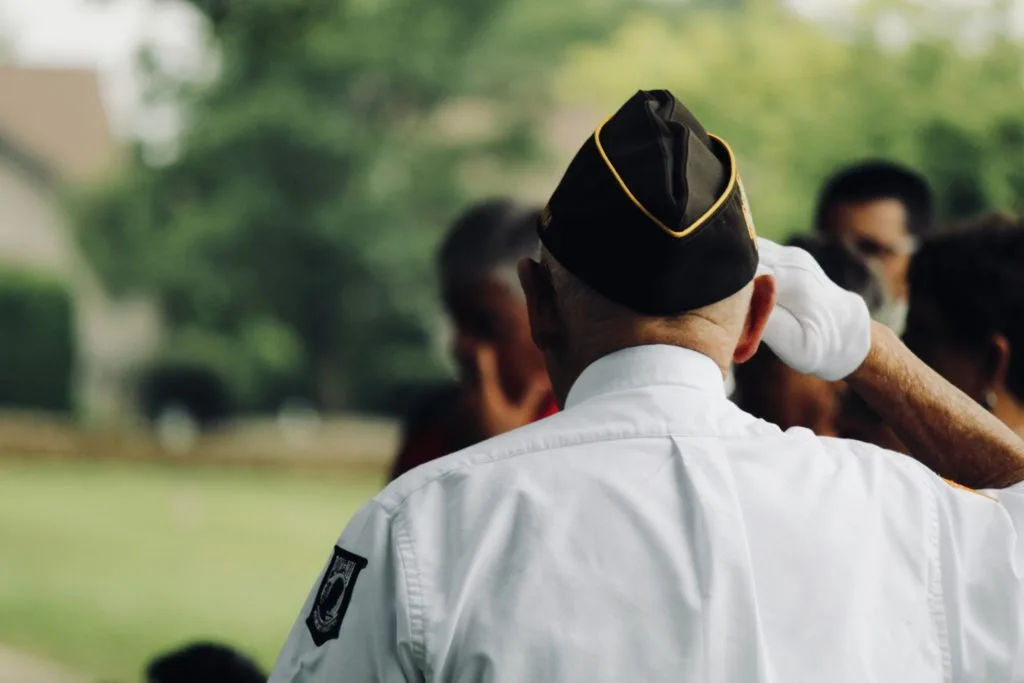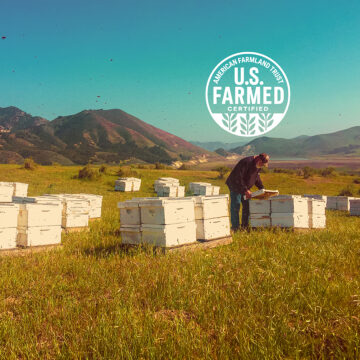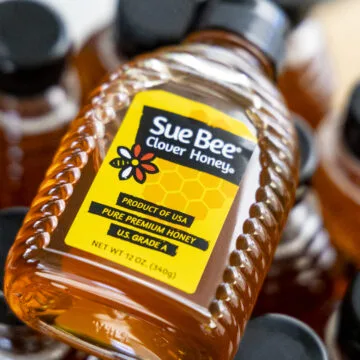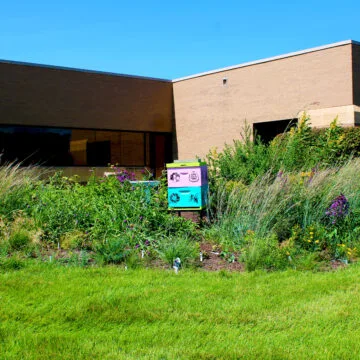Thank You, Veterans!
As we honor our military, let us also note the wartime efforts of honeybees
The first veterans of the United States were the ones who served during the American Revolution. They fought for the Continental Army, which was created in 1775 when colonial militias formed a common army under George Washington (who, incidentally, kept honeybees at his Mount Vernon estate).
Since then, the U.S. has declared war 11 times and fought in numerous conflicts across the globe. According to the U.S. Census Bureau, more than 41 million Americans have served in the military over the course of our nation’s history (In World War II alone, more than 16 million served in the U.S. military, the most at any point in history). That means we are sending out more than 41 million “Thank yous!” this Veterans Day, November 11.

Helping the war effort
WWII was a time when all Americans did their part to help the war effort, including the country’s beekeepers, who played a significant role. The Department of Agriculture deemed the honey industry “essential” during wartime and requested a 20% increase in production in 1942 just to keep up with demand for both honey and beeswax (not to mention honeybee pollination of vital foods). Like other Americans, the Sioux Honey Co-op beekeepers joined in the effort to collect and deliver as much honey as possible.
Why was honey so essential? For one, the Japanese occupied many of the countries from where the U.S. had previously purchased sugar. That led to a sugar shortage, and as we know, honey is an amazing substitute for sugar, and many prefer honey over sugar because of its natural goodness. Using honey in everything from coffee and tea to daily meals and baking increased during this time.
But it wasn’t just honey that went to the war effort. According to the National WWII Museum, our beekeepers’ honeybees were also counted on for their wax, which was collected and used to coat airplanes, cables and pulleys, as well as adhesive tape, varnishes, canvases, awnings and more. Beeswax helped prevent rust and aided in waterproofing, too.

“Practically all types of ammunition were coated with beeswax, from rifle cartridges to 16-inch shells,” says American Bee Journal. “Beeswax did not expand in desert heat nor crack in polar cold … Beeswax was used to desensitize gun powder for naval guns, as a corrosion inhibitor for brass casings and as waterproofing for leather.”
Honeybees and their honey and beeswax were so popular and appreciated during the war, there was even a contest for the best slogan to celebrate the honeybee’s efforts. The one that won was “Let the Bees Wax the Way to Victory.”
So, today (and every day), let us celebrate the millions of men and women who have served in wars and conflicts near and far. To them, we say thank you! Thank you for your service and sacrifice so that we can continue to live free.



